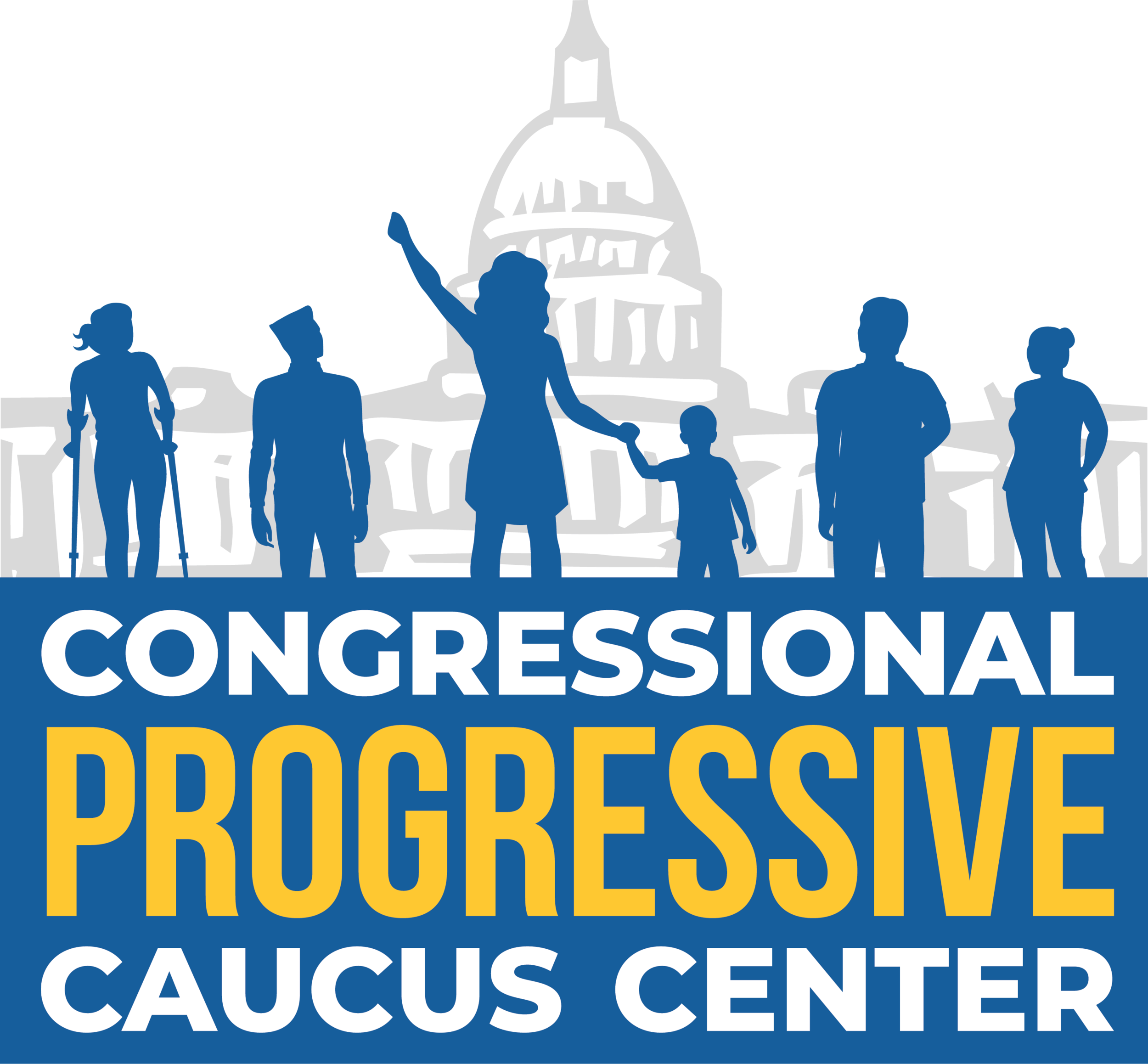Lessons Learned from Two of the Longest Shutdowns in History
Last updated August 30, 2023
Author: Catherine Rowland, Legislative Affairs Director (catherine@progressivecaucuscenter.org)
The U.S. government has shut down 21 times throughout its 247-year history. Just four of those 21 shutdowns have lasted more than two weeks, and half of those two-week-plus shutdowns—including the longest shutdown ever—occurred in the past decade. These shutdowns share a key characteristic: Republicans’ demands were unpopular with the American public and, ultimately, the shutdown ended in a deal that did not meet those demands. As our analysis below shows, Democrats did not agree to the GOP’s unpopular policy demands in exchange for reopening the government in either case, and their position prevailed—even when Republicans controlled Congress and the White House. Additionally, the public placed the brunt of the blame for both shutdowns on Republicans.
The table below analyzes the shutdowns that began on October 1, 2013, and December 22, 2018. These shutdowns had far-reaching impacts on the public, including federal workers and contractors forced to stay home and forego their paychecks or work without pay. This analysis suggests that forcing a government shutdown to achieve an unpopular goal is unlikely to succeed in the face of unified opposition and that the party making the unpopular demand will shoulder the blame for the shutdown in the public’s eyes. For more information about government shutdowns, check out FAQs about Government Shutdowns.
2013 Shutdown
2018/2019 Shutdown
October 1, 2013
December 22, 2018
16 days
35 days
White House: Democratic (Obama)
House: Republican
Senate: Democratic
White House: Republican (Trump)
House: Republican until January 3, 2019, then Democratic
Senate: Republican
Defund the Affordable Care Act (ACA) in exchange for funding the government. House Republicans had passed numerous bills to repeal or weaken the ACA, but none advanced given Senate and White House opposition. As such, Republicans tried to force Democrats to defund the ACA in exchange for keeping the government open.
President Trump refused to sign a government funding bill that did not provide $5 billion to build 215 miles of border wall. Before handing House control to Democrats on January 3, 2019, House Republicans approved $5.71 billion for an undetermined length of border wall. The GOP-controlled Senate proposed $1.6 billion for 65 miles of “pedestrian fencing.” Despite the delta between the Senate GOP figure and House Republicans’ and President Trump’s, then-Senate Majority Leader McConnell said, the Senate would not vote on any bills from the incoming Democratic House that President Trump would not sign.
Keep the government open without defunding the soon-to-be-implemented ACA.
Democrats opposed President Trump’s $5 billion wall funding proposal. They proposed $1.3 billion for border security generally, the same amount as the prior year. They also refused to negotiate new border security measures until the government opened.
In September 2013, a plurality (44 percent) of people opposed defunding the ACA, jumping to 59 percent if doing so forced a shutdown and debt default. Polling post-shutdown found public opinion of Republicans at “an all-time low,” with 53 percent blaming the GOP for the shutdown.
In January 2019, most people (54 percent) opposed building a wall on the U.S.-Mexico border, and 53 percent held President Trump and congressional Republicans primarily responsible for the shutdown.
The U.S. was approaching default on the nation’s debt.
The Senate wrote a bipartisan bill to reopen the government and avoid default after House and White House talks hit a standstill.
Public opposition to defunding the ACA had solidified and default threatened to plunge the U.S. further into crisis. So, when the Senate passed its bill without defunding the ACA, then-Speaker Boehner allowed it to come before the House for a vote. Most Republicans opposed the bill, but it passed and the President signed it, ending the shutdown.
Air traffic controllers were forced to work without pay and began calling in sick in protest. The resulting shortages caused major flight delays, and on January 25, 2019, New York’s La Guardia airport closed to incoming planes.
The same day, President Trump agreed to sign a bill to reopen the government that did not include funding for a border wall. Reporting indicates the airport delays influenced the President’s decision to relent.
After, the Senate and then the House passed a continuing resolution to reopen the government without recorded votes. President Trump signed it, ending the shutdown.
Media reports call this shutdown “a political disaster for Republicans” and characterized Republicans as “backing down,” since President Obama and Senate Democrats never wavered in their support for the ACA. Ultimately, the ACA emerged unscathed.
This shutdown was the longest in U.S. history—but, given President Trump’s failure to secure border wall funding, the media also underscores its futility. Reports often discuss the President’s personal capitulation, highlighting that he agreed to “essentially House Speaker Nancy Pelosi’s demand” and alleging that he “caved.”









